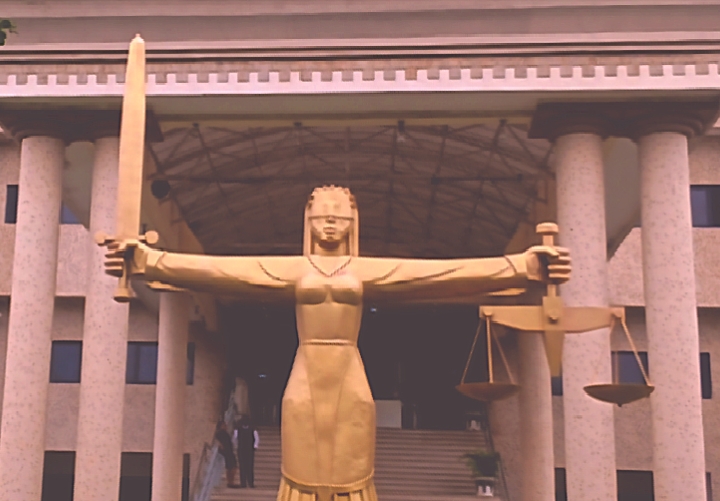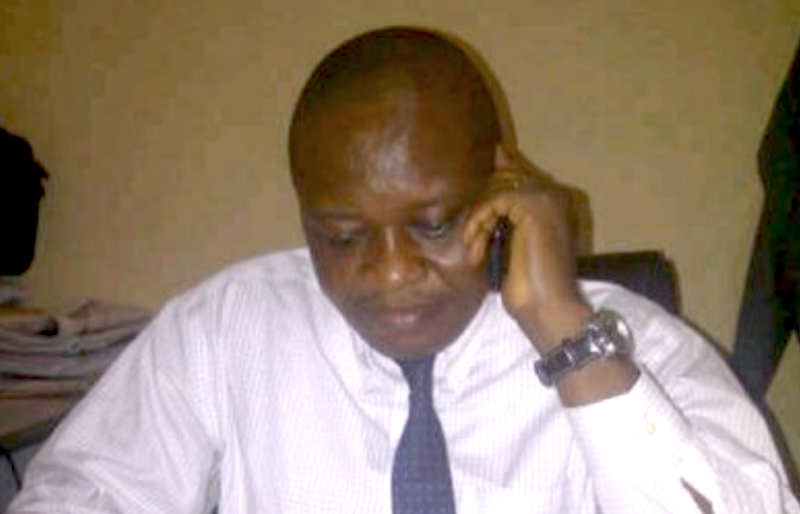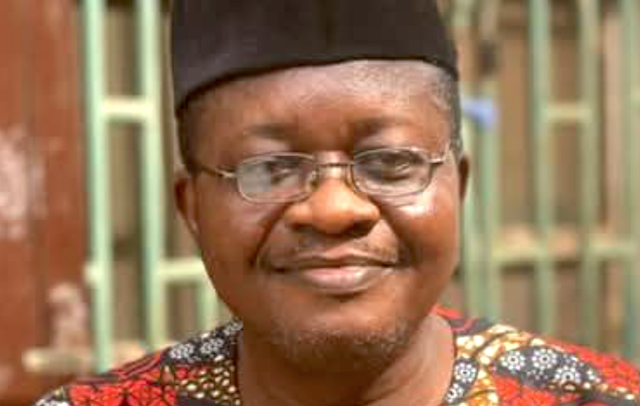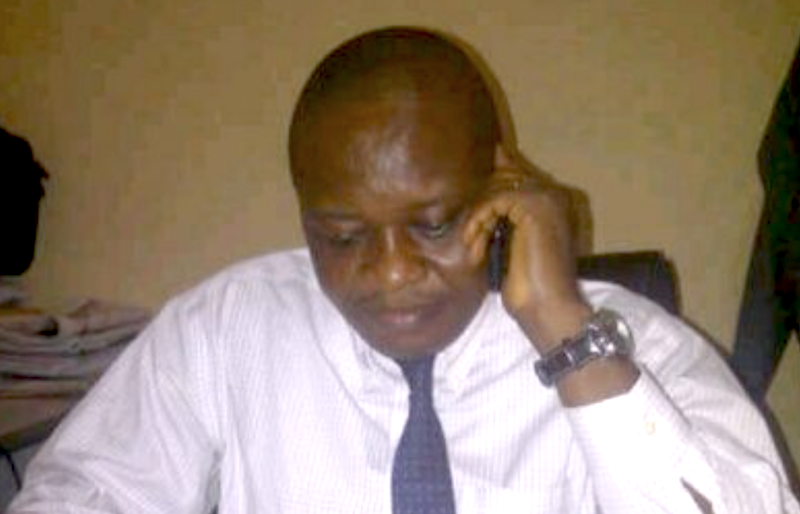By Pius Mordi
When Chief Justice Kudirat Kekere-Ekun’s Supreme Court on February 28 nullified the October 5, 2024 council polls of Rivers State, not a few people drew a parallel between Justice Peter Lifu’s ruling of September 2024 that barred the Independent National Electoral Commission (INEC) from releasing the voters register to the Rivers State Independent Electoral Commission in addition to directing the Police not to provide security for the exercise and late Justice Bassey Ikpeme ruling on June 10, 1993. Just 48 hours to the election that would have returned constitutional rule to Nigeria, Justice Ikpeme barred the National Electoral Commission as INEC was then known from proceeding with the election for which the electoral decree on the exercise had an ouster clause shielding the election from any challenge in the courts. The apex court’s judgement made the FCT Minister, Nyesom Wike, the undisputed Czar of Rivers State.
It was the culmination of political trajectory that almost never got started, according to his own testimony. As chairman of Obiokpo local government area, he was about to be denied a second term at the beginning of his political career. On finding out, Wike ran to Mrs. Mary Odili, wife of them Governor of Rivers State, Dr. Peter Odili. The Rivers first lady was inclined to have him restored and prevailed on her husband to do so. In acceding to his wife’s request, it is doubtful if Odili had an idea what he had just unleashed on his people.
It was similar to the decision taken in January 1933 by German President President Paul von Hindenburg to appoint Nazi Party leader Adolf Hitler as chancellor of Germany even after thousands of Germans demonstrated against the plan to give power to Hitler. Von Hindenburg could not have had an inkling of what he was to unleash on not just his country but the entire world, a man that plunged the globe into a war that cost the lives of millions. Contrary to von Hindenburg’s expectations, Hitler became his country’s Frankenstein with the promise of a Third Reich that would last a thousand years.
Odili and his wife may have paved the way for Wike to emerge in the political firmament, but being a man that understands the power play and how to use it to drive his ambition, he knew in the midst of orchestrated poverty, access to state funds gives him a leverage. From his time as governor of Rivers State, he schemed to remain in power even when out of office. Unlike his contemporaries who did not anticipate that their stooge may renege on earlier agreements sooner rather than later, he planned for such day.
One thing that cannot be taken from the FCT Minister is he is thorough, albeit in a dubious way. He knows the levers of power that will come in handy in the short and long term, especially the judiciary. He paid special attention to judges not just in Rivers State. He took the template for Abuja where like he did in his home state, judges got special attention. He built houses for them and provided exotic cars. When he conceived a chain of houses for top judges, he got CJ Kekere-Ekun to the foundation laying ceremony. Her presence at the event was roundly condemned by some people who felt it undermines the prestige and independence of the judiciary. But I think there is no more attempt at pretence. There is a new national order. It is no longer about altruism on the part of those wielding the powers of state.
And that includes Aso Rock. The seat of power has given Wike maximum support to give effect to his desire to set up his Reich in Rivers. That was effectively accomplished with the Supreme Court’s judgement that nullified the council election held under Sim Fabara’s watch. In an amazing judgement, the same judges upheld the judgement of a High Court judge that barred INEC from providing the voter’s register but based the decision to nullify the election on the fact that there was no updated register. All along, they were propping up an interloper, a so-called Sole Administrator, an unelected retired military officer, to single handedly carry out the functions of a governor and House of Assembly.
I am not a lawyer, but everything is wrong with the saga in Rivers. If someone that has an incontestable locus standi challenges the August 30 council poll, it will be intriguing to see how the Supreme Court will uphold what was organised by a constitutional interloper.
Wike now has his Reich fully up and running, having indicated that Fubara will return on September 18. Having installed his preferred council chairmen, Fubara has learnt his lesson that the Reich with Wike as chancellor cannot be trifled or tampered with. His dynasty has come to stay and not even Dr. Odili or any erstwhile godfather can do anything about it.
But not all factors are controllable. Upon his appointment in 1933 as Chancellor, Hitler declared that his Third Reich would last a thousand years. It was eclipsed about 13 years later, a fleeting moment in a vast global history.



